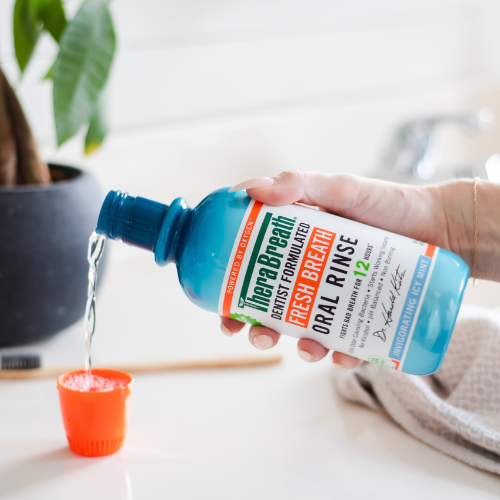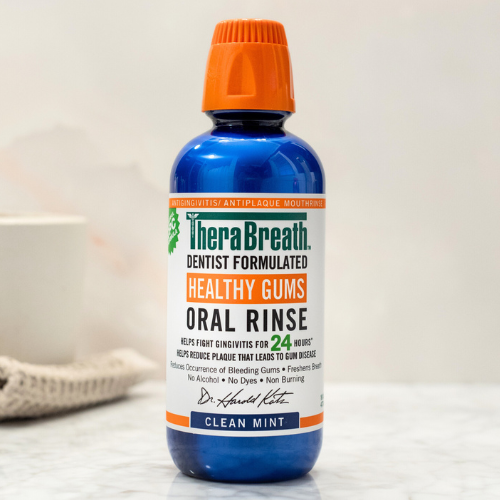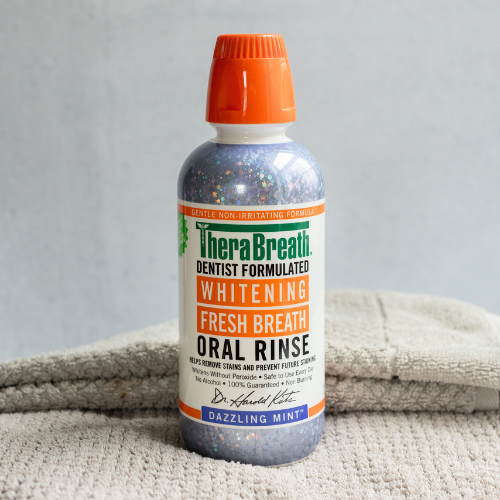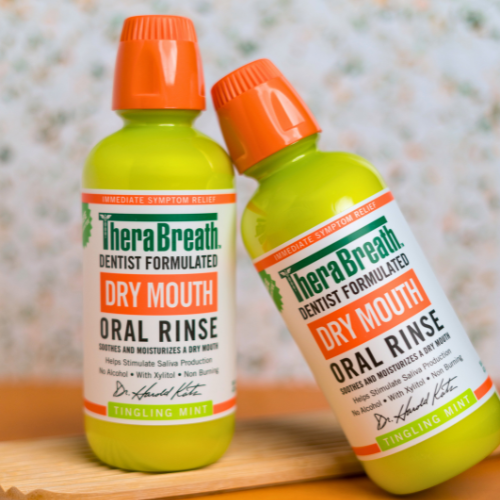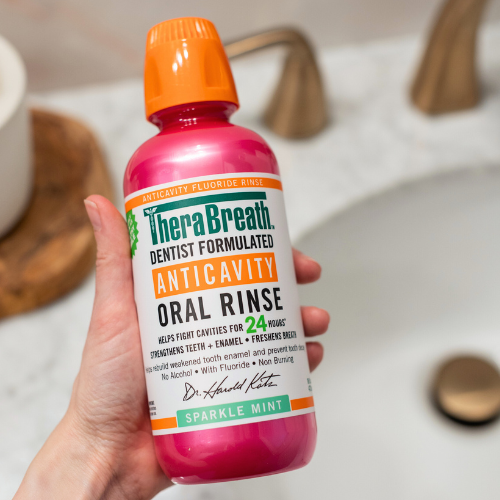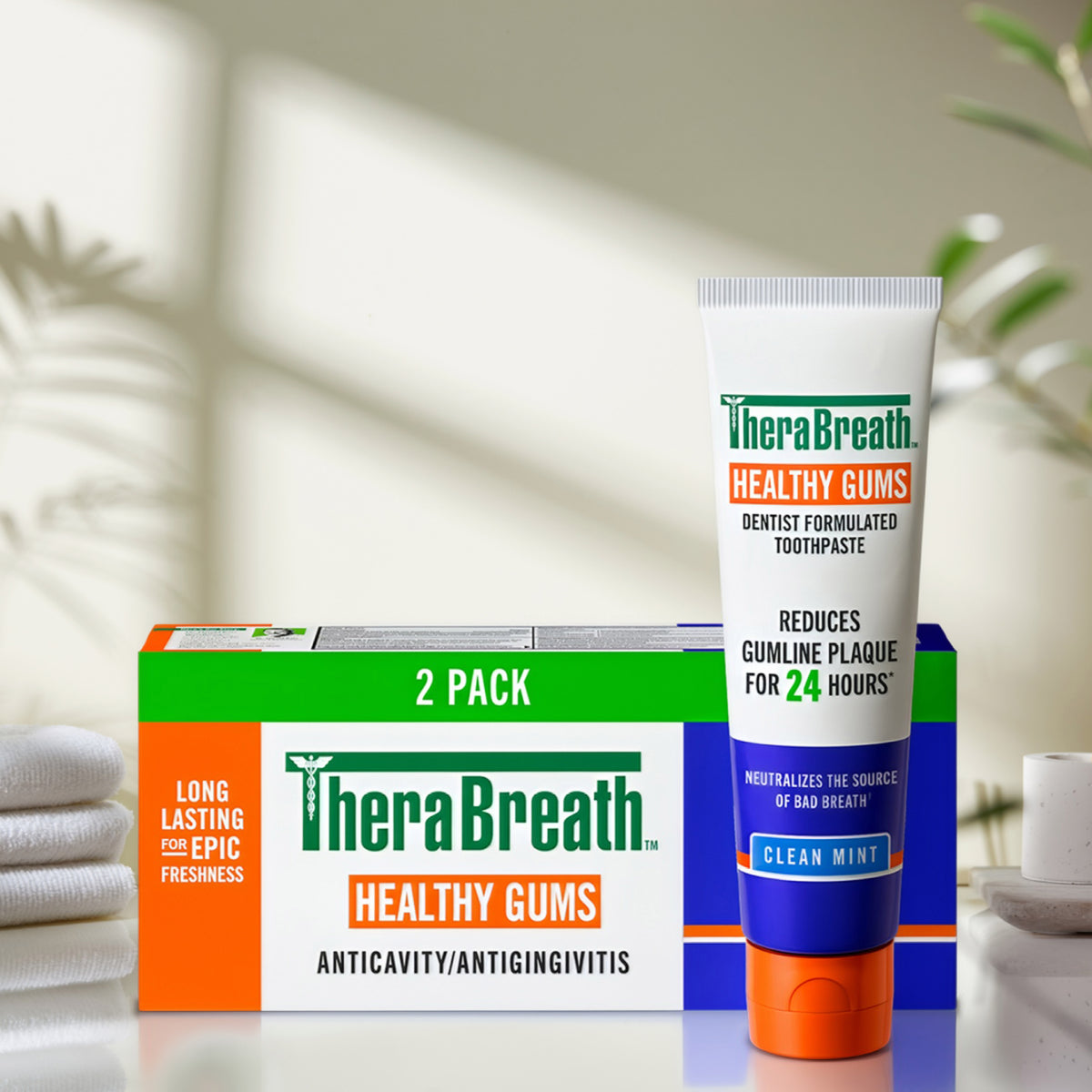
Can Alcohol Cause Canker Sores?
Share
Originally published June 26, 2019. Updated October 16, 2025 for accuracy and freshness.
What are Canker Sores?
Canker sores, also known as aphthous ulcers, are small, painful lesions that develop inside the mouth. They appear as little round ulcers inside the protective lining of your mouth and, unlike cold sores, are not caused by the herpes virus and are not contagious.
While the exact cause of canker sores remains unclear, several factors, including alcohol consumption, may contribute to their development.
So, Does Alcohol Cause Canker Sores?
Yes and no. Though alcohol does not directly cause canker sores, drinking it can lead to conditions that make your mouth more susceptible to them.1
Folic Acid Deficiency and Mouth Ulcers
One explanation is that alcohol can lead to folic acid deficiency, which can cause canker sores. Folic acid, or folate, is a type of B vitamin that helps in the DNA repair process. Drinking too much alcohol can affect how the body absorbs folic acid. This can lead to a greater loss of folate in urine which can lead to folic acid deficiency.2, 3
Canker Sores and Dry Mouth
Another possibility revolves around alcohol's ability to dry out the mouth, leaving it more vulnerable to these little infections. We all know that we need saliva to moisten and cleanse our mouths and to digest food. But did you know that saliva also prevents infection by controlling bacteria and fungi in the mouth? 4, 5
Alcohol, a drying agent, dehydrates the body's cells and decreases saliva production. Thus, dry mouth may provide an opportunity for canker sores to arise.
Will Alcohol Make Canker Sores Worse?
Consuming alcohol can also decrease the flow of saliva in the mouth, drying it out. This dryness makes recovery harder. It can also raise the risk of getting more sores later. So, your best bet is to just avoid alcohol consumption altogether, particularly if you already have a canker sore. 4, 5
Tips to Prevent Alcohol-Related Canker Sores

Moderate Alcohol Intake
Limiting the amount of alcohol you consume can reduce the likelihood of folic acid deficiency and dry mouth.
Choose The Right Oral Care Products:
Use alcohol-free mouthwashes and other oral hygiene products to prevent additional irritation. Additionally, use products such as our Dry Mouth Lozenges, which relieve dry mouth symptoms.
Stay Hydrated
Drinking plenty of water before, during, and after alcohol consumption helps maintain saliva production and keeps the mouth moist.
Hydrating your body before sleep also helps to combat the effects of alcohol. Additionally, it will replenish your cells and keep your mouth moist during sleep.
Maintain a Balanced Diet
Eating foods rich in folic acid, such as leafy greens and legumes, supports overall oral health. This is because folic acid, also known as vitamin B9, is essential for DNA synthesis and cell division. Adequate folic acid intake supports the maintenance and repair of oral tissues, contributing to healthy gums and overall oral health.6, 7
Understanding how alcohol affects canker sores can help you take steps to protect your oral health, reducing the chances of getting these painful sores.
Sources:
- Healthline. Is There a Connection Between Alcohol Use and Ulcers?
- Cleveland Clinic. Folate Deficiency
- Halsted, Charles H., et al. Folate, Alcohol, and Liver Disease. Alcohol Research & Health, vol. 27, no. 3, 2003, pp. 220–231.
- Mayo Clinic. Dry Mouth: Symptoms and Causes.
- Cleveland Clinic. Dry Mouth (Xerostomia)
- Health. What Foods Are High in Folate (Folic Acid)?
- UIC College of Dentistry. Eat Fruits and Veggies For A Healthy Smile.
